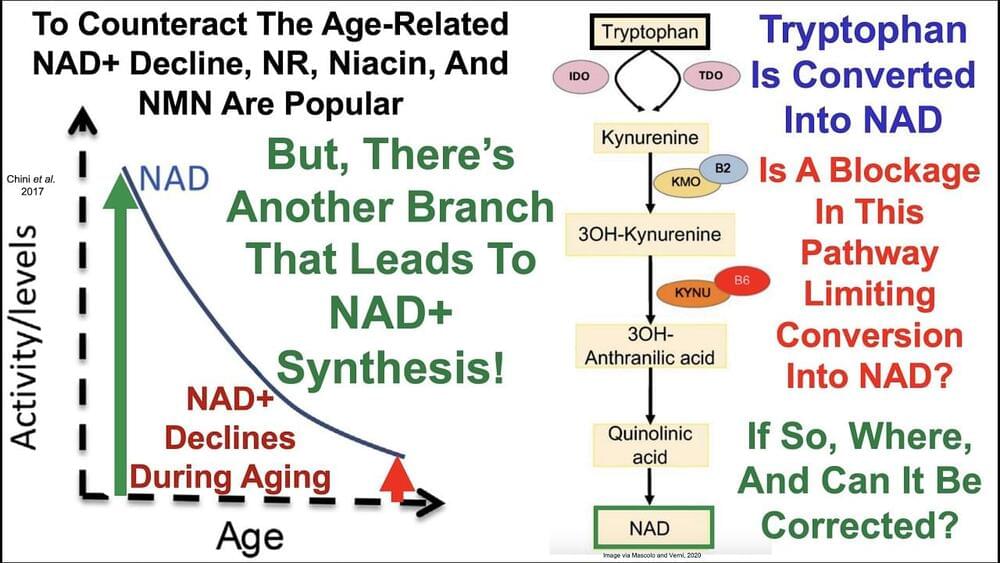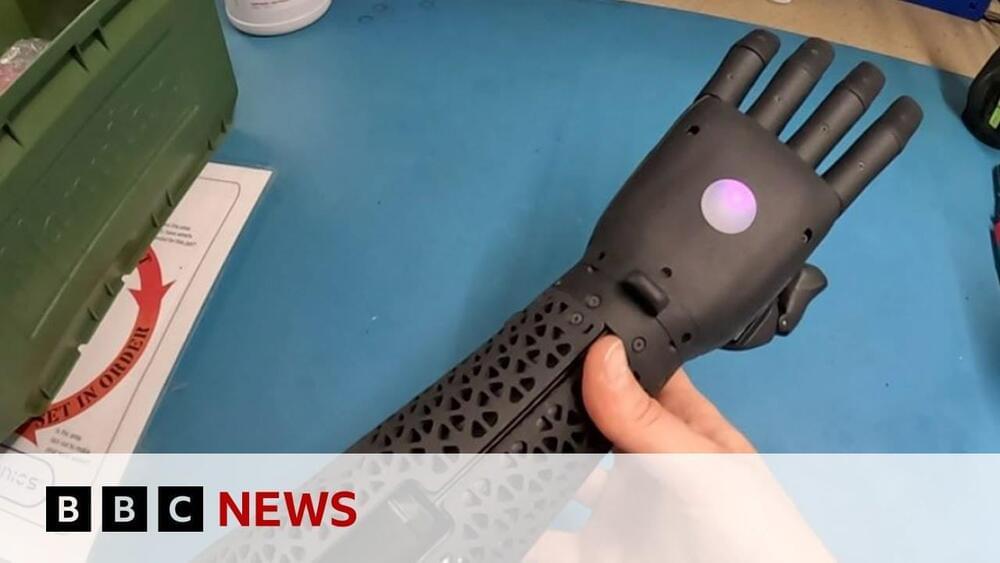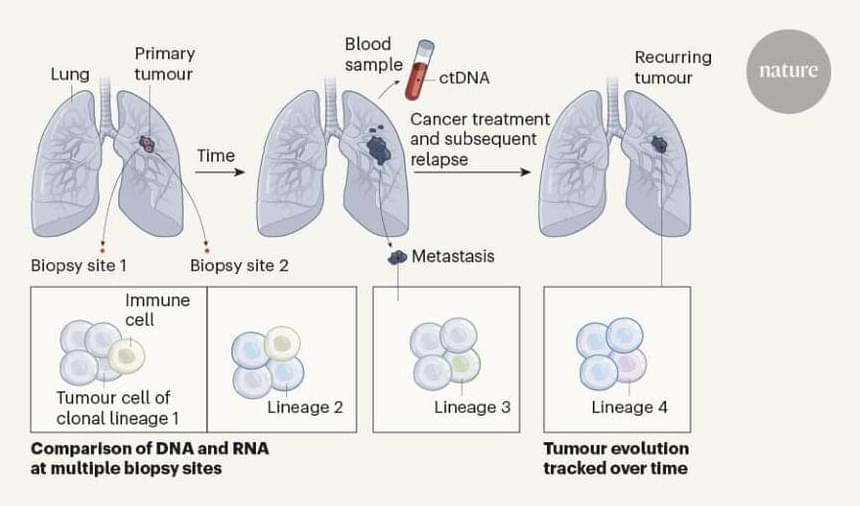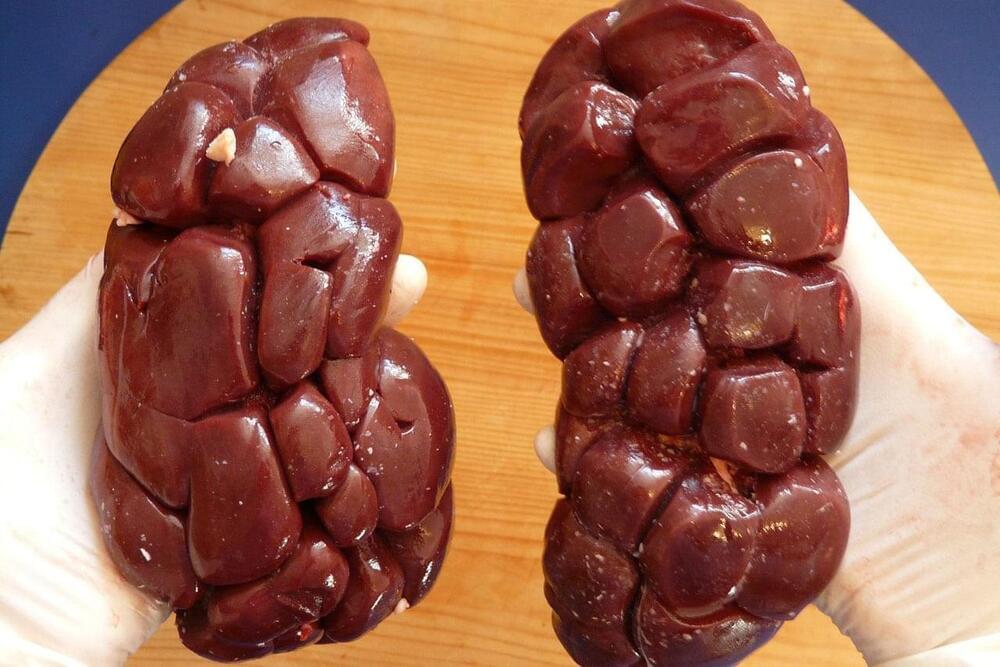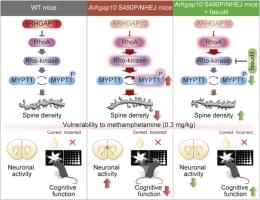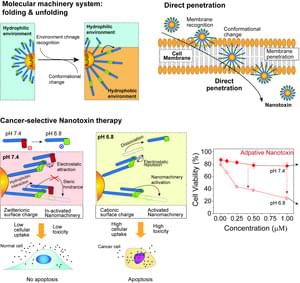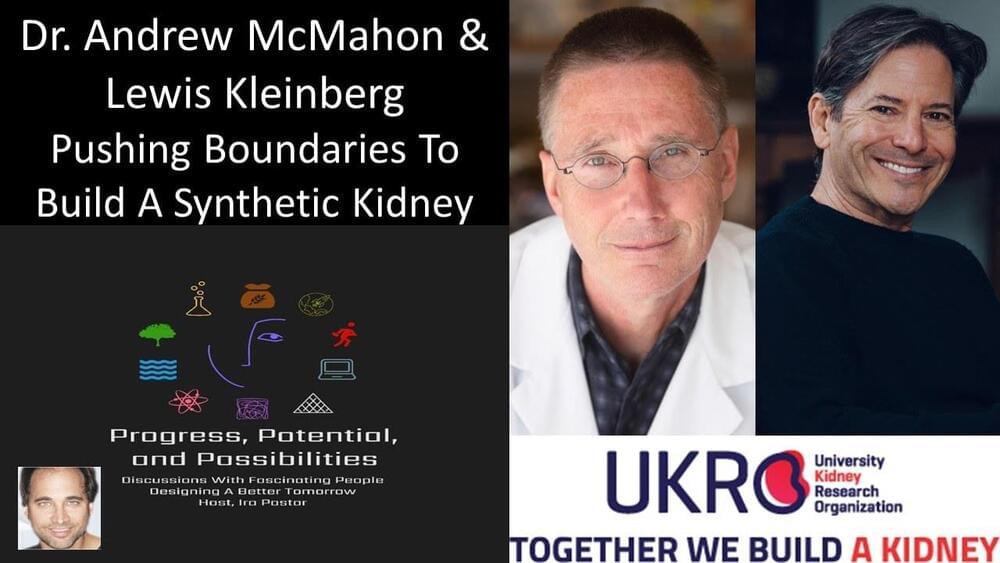Apr 16, 2023
Boosting body’s antiviral immune response may eliminate senescent cells
Posted by Shubham Ghosh Roy in categories: biotech/medical, life extension
Senescent cells are those that have stopped dividing but haven’t read the “time to die” memo. Instead, they hang around, accumulating in the body and fueling chronic inflammation – sometimes called inflammaging – which in turn, contributes to conditions such cardiovascular diseases, chronic kidney disease, type 2 diabetes, cancer, sarcopenia and degenerative disorders.
Longevity. Technology: In mice, eliminating senescent cells from aging tissues can restore tissue balance and lead to an increased healthy lifespan. Now a team led by investigators at Massachusetts General Hospital (MGH), a founding member of Mass General Brigham (MGB), has found that the immune response to a virus that is ubiquitously present in human tissues can detect and eliminate senescent cells in the skin [1].
For the study, which is published in Cell, the scientists analyzed young and old human skin samples to learn more about the clearance of senescent cells in human tissue.



